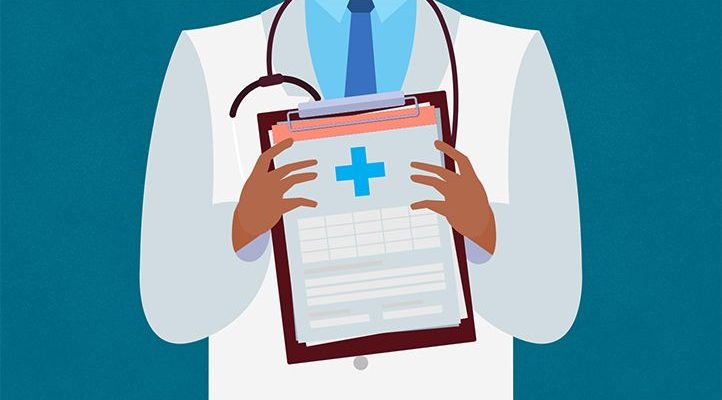Generally, it is important to understand various ways HIV can be transmitted to help in preventing its spread. HIV is commonly spread through sexual intercourse, sharing of sharp or piercing objects, or through contact with blood or fluid from infected persons. Therefore, you stand a better chance of preventing yourself from contracting the virus after learning these ways. And if you are interested in understanding the simple steps to follow to prevent HIV, Covington, GA primary care center specialists are here to your rescue. They are qualified and experienced in educating people on both traditional and new forms of HIV prevention. Read on to understand simple steps to help stop the spread of HIV.
In which ways can you prevent the spread of HIV?
Typically, there are several tools to apply to help you prevent contracting or spreading HIV. They are as follows.
- Knowing the risks
The initial step in preventing the spread of HIV is being aware of the risks. Knowing the risks involves understanding activities that increase your chances of getting infected and the modes of transmission. And as mentioned earlier, the main modes of transmission are vaginal sex, anal sex, oral or via shared needles. It can also be transmitted from mother to child during delivery, breastfeeding, or pregnancy. Avoiding the risks helps reduce your chances of getting infected.
- Taking PrEp
PrEp, also known as pre-exposure prophylaxis, is a daily dose given to help reduce the risk of you getting HIV. The pills contain antiretrovirals which prevent you from getting infected, especially if you do not know your partner’s HIV status or have multiple sexual partners. In other cases, PrEp is given to couples in a serodiscordant relationship whereby one partner is infected with HIV, and the other is not. This medication helps reduce your risk of getting HIV by ninety-nine percent.
- Lowering the viral load
Ensuring your viral load remains as low as possible is recommended for people already infected with HIV. Usually, you are supposed to adhere to antiretrovirals and ensure you go for viral load checkups to help you maintain it as low as possible so that you can not transmit it to your partner or unborn baby. Therefore, maintaining a low viral load reduces your ability to infect your loved ones.
- Use of male or female condoms
Since the main mode of HIV transmission is through sexual intercourse, wearing a condom prevents you from spreading or contracting the virus. Not only do condoms prevent the spread of HIV, but they also prevent the spread of other sexually transmitted infections and pregnancy.
- Avoid mother-to-child transmission
HIV-positive mothers can prevent the spread of the virus to their unborn babies through regular screening and monitoring of viral load. Similarly, adherence to antiretroviral medication is encouraged to help reduce the viral load, thus lowering the odds of transmitting the virus to the baby. You are supposed to start HIV therapy early in pregnancy to ensure you give birth to an HIV-negative baby.
Avoiding sharing sharp objects and taking PEP after you have come into contact with an HIV-positive person also help prevent the spread of HIV. Therefore, if you are interested in learning more about ways of preventing the spread of HIV, you can get started by calling Oasis Healthcare Service, Inc today.




